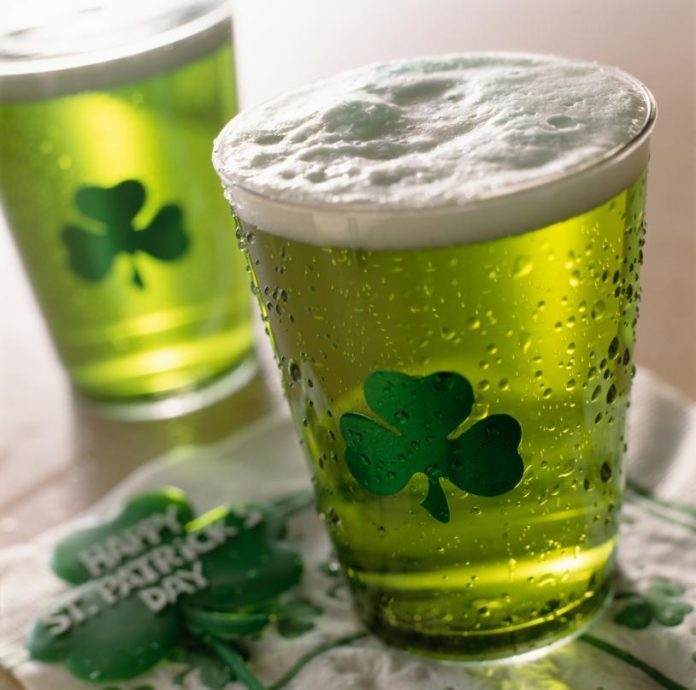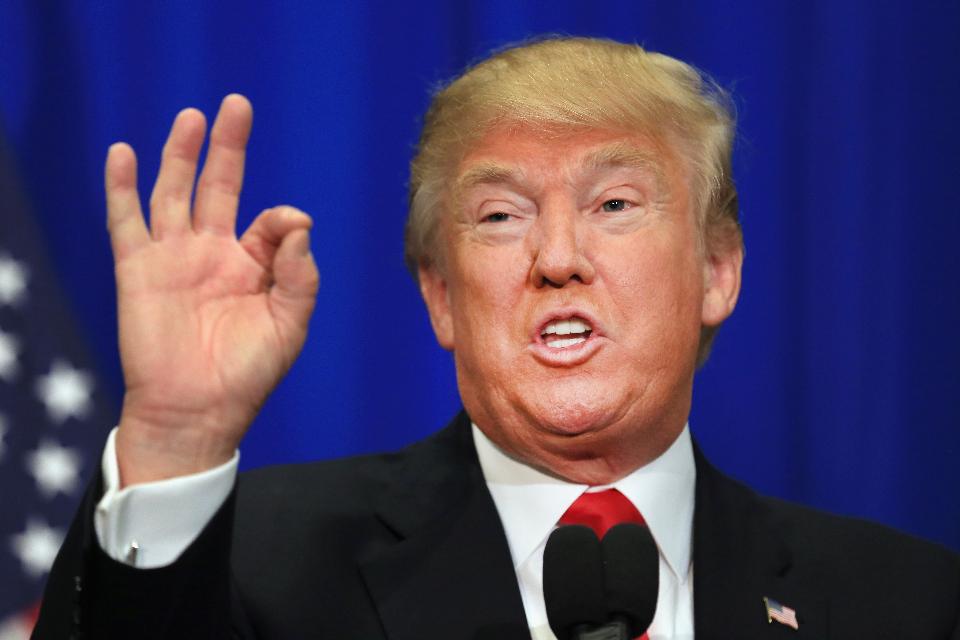2016 marks the 100th anniversary of the Easter Rising and the beginning of Ireland’s struggle for independence, making it an extra-special year for celebration.
Here are a few Irish words (or a “cúpla focal“) that we use everyday but didn’t know that it originated from Irish language. We owe to the Land of a Hundred Thousand Welcomes for giving us these:
So let’s go forth with some newfound Irish knowledge and have craic (that means “fun”)!
Slogan
From slua, meaning ‘crowd’ (or sluag, for ‘army’) and gairm, meaning ‘call.’ Slua is pronounced “slew,” which may be why we say “a whole slew of things” too.
Galore
From go leor, which basically means ‘until many.’ Makes sense, right?
Hooligan
This one is less of a translation and more of a pejorative origin derived from stereotypical depictions of the Irish as rowdy drunken brawlers. See also: paddy wagon, which is so named either because the Irish were stereotypically cops or because they were stereotypically getting arrested for being drunk and violent.

Smithereens
This literally means ‘little pieces,’ a combination of smiodar for ‘debris’ and ín, a common Irish suffix for ‘small’ that has been Anglicised to een. See also: Colleen, which means ‘little cailín,’ or simply ‘a girl.’
Clan
From, uhh, well, clann, which means ‘family.’ Easy enough!
Swanky
This comes from sócmhainní, which means ‘assets,’ or somhaoineach for ‘profitable.’ (And yes, the spelling looks strange, but it actually makes a lot of sense once you figure out all the different combinations of open vowel sounds.)
Whiskey
Ahh here comes the best, both in drinking and translation. This comes from uisce beatha, which means ‘water of life.’ Hell yeah.

Kibosh
It was likely derived from caipin, or cap, and bháis, or death — literally ”death cap,” and the Irish name for a candle-snuffer. Judges also wore an chaip bháis when announcing their sentences.
So basically, when you “put the kibosh” on something, you’re actually killing it. Yay?
Phony
This one’s kind of complicated, but also really cool. It probably comes from fáinne, an Irish word for a ring, and refers to a confidence scheme called a ‘Fawney Rig,’ which involves ‘accidentally’ dropping a fake ring of value in front of a victim and then selling it to them for way more than it’s actually worth.
Keening
Keening is to cry or wail, usually for the dead, and it’s just a differently spelled (but similarly pronounced) version of the Irish word caoineadh, which means the same.

Like the Irish hero-poet-politician Pádraig Pearse once said: “Tír gan teanga, tír gan anam — a country without a language is a country without a soul.”
The Irish language might be struggling to survive, but it’s not dead yet. In fact, it’s one of the oldest living languages in the world, as well as the first national language of the Republic of Ireland, which means that all government documents are written in Irish and English and that children study the language in school.
That being said, less than 2% of the population actually speaks the native tongue on a daily basis, and only 41% claim to speak it at all, even after years of schooling.
Thanks, colonialism!
To read more you can see : http://www.upworthy.com/10-surprising-irish-words-you-didnt-know-you-were-using-almost-every-day?c=ufb3
Sourced from Agencies, Featured Image Courtesy: time.com
























